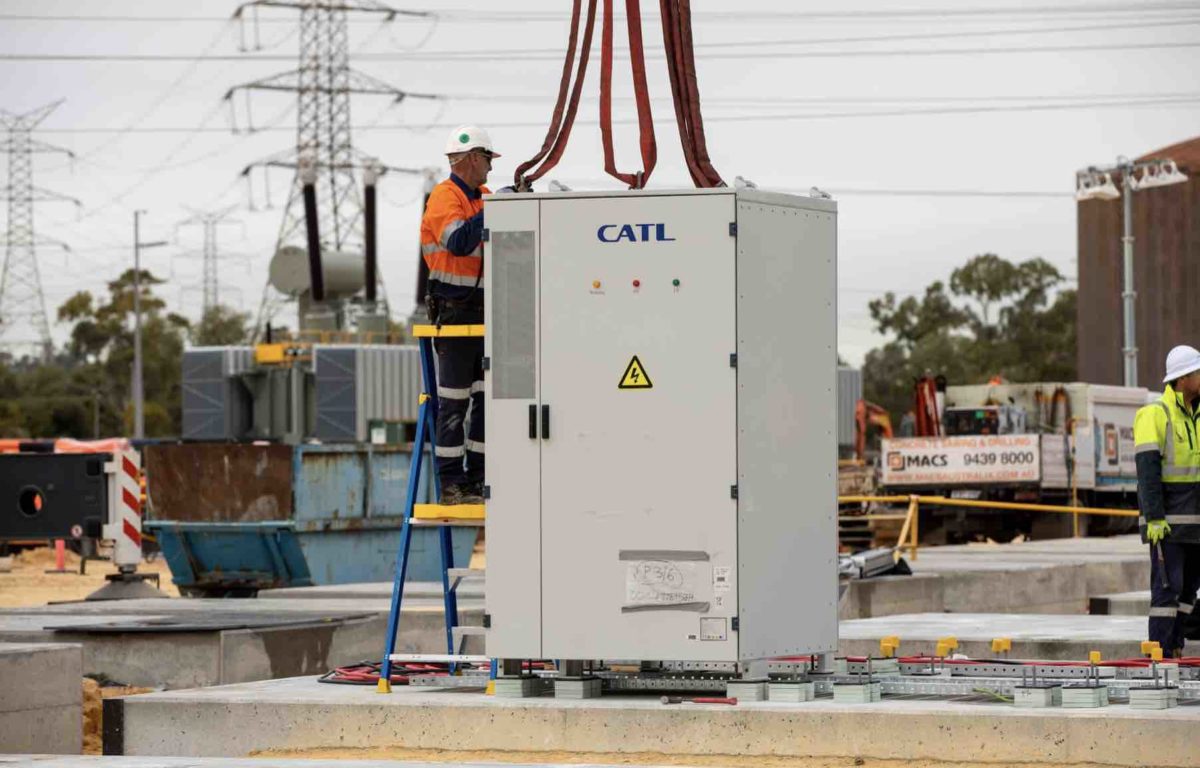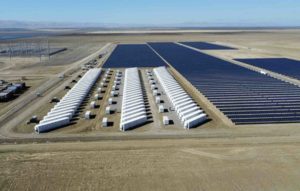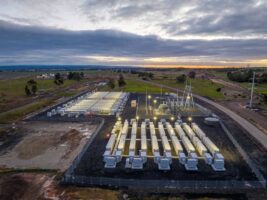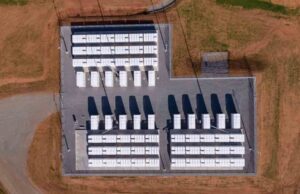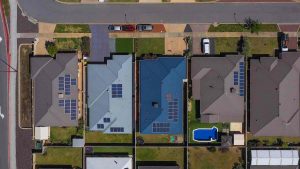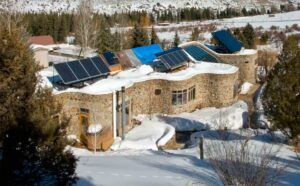American energy company Duke Energy has agreed under pressure from the United States Congress to decommission energy storage batteries produced by Chinese battery giant CATL at Marine Corps Base Camp Lejeune in North Carolina over concerns that the batteries pose a security risk.
Reuters reported late last week that Duke Energy had made plans to decommission the CATL-made batteries that were commissioned less than a year ago in March 2023.
The 11MW, one hour battery storage project was designed to be run in conjunction with an adjacent 13MW solar facility on a leased site within Marine Corps Base Camp Lejeune.
“Battery storage is an important resource for our transition to cleaner energy,” said Kendal Bowman, Duke Energy’s North Carolina state president, speaking at the project’s commissioning.
“Pairing the energy storage system with our existing solar facility at Camp Lejeune helps strengthen the reliability of our energy grid and makes better use of our existing solar generation.”
However, by year’s end, Duke Energy had disconnected the battery storage project, citing concerns raised by lawmakers and experts around CATL’s close ties to China’s ruling Communist Party.
Both Republican and Democratic lawmakers have argued the United States risks increased dependency on one of its major geopolitical rivals, and that the batteries and its inverters may have cyber vulnerabilities that state-backed hackers could use to compromise the country’s electricity grid.
“Some concerns about this project have been raised, and, as a result, Duke Energy disconnected these batteries as we work to address these questions,” the company told Reuters in a statement in December.
Duke Energy added that the battery system had nevertheless been designed with “security in mind” and that the batteries “were not connected in any way to Camp Lejeune’s network or other systems.”
CATL said claims of its “batteries posing security threats are false and misleading.”
“CATL’s business and products in the U.S. do not collect, sell, or share data, and cannot directly interact with electrical grid or any other critical infrastructure,” the company said, noting its batteries “have passed rigorous safety and security reviews, including reviews by U.S. authorities and businesses.”
Specifically referring to concerns that hackers could utilise the batteries to imperil the wider electricity grid, CATL stated that the batteries “sold to the U.S. contain ‘passive’ devices only, which are not equipped with communication interfaces that may enable CATL to control the sold products.
“CATL products cannot interact directly with or affect the U.S. electrical grid. CATL provides energy storage batteries to U.S. integrators, and because it is the integrators that manage connections to the grid and the grid operators set up an additional layer of security measures, CATL products can in no way interact with it.”
A letter sent in December to the US Secretary of Defense, Lloyd Austin, by members of the House Select Committee on the Chinese Communist Party – led by Republicans Chairman Mike Gallagher and Senator Marco Rubio – claimed that the “battery and solar array” had been installed at Camp Lejeune by “Chinese Communist Party (CCP)-aligned Contemporary Amperex Technology Co. Ltd. (CATL).”
In reality, the 13MW solar farm was built in 2015 by the Charlotte-based EPC contractor Crowder Construction Services and is owned and operated by Duke Energy.
Similarly, the 11MW/11MWh lithium iron phosphate battery storage project was built by Duke Energy in partnership with Black & Veatch construction entity OCI, which acted as the prime contractor for engineering, procurement, and construction.
Further, Reuters reported late last week that a “person familiar with the Camp Lejeune project said Duke Energy did not have direct contracts with CATL and bought the batteries through third party providers.”
Duke Energy’s decision to decommission the battery project – paired with its promise to entirely phase out the use of CATL products from it supply chain – was welcomed by the House Select Committee leadership. t.
“We are grateful to Duke for taking this needed first step to protect U.S. grid security from Chinese Communist Party-controlled companies operating in Americans’ backyard. Others that continue to work with CATL, and other companies under the control of the CCP, should take note.”

